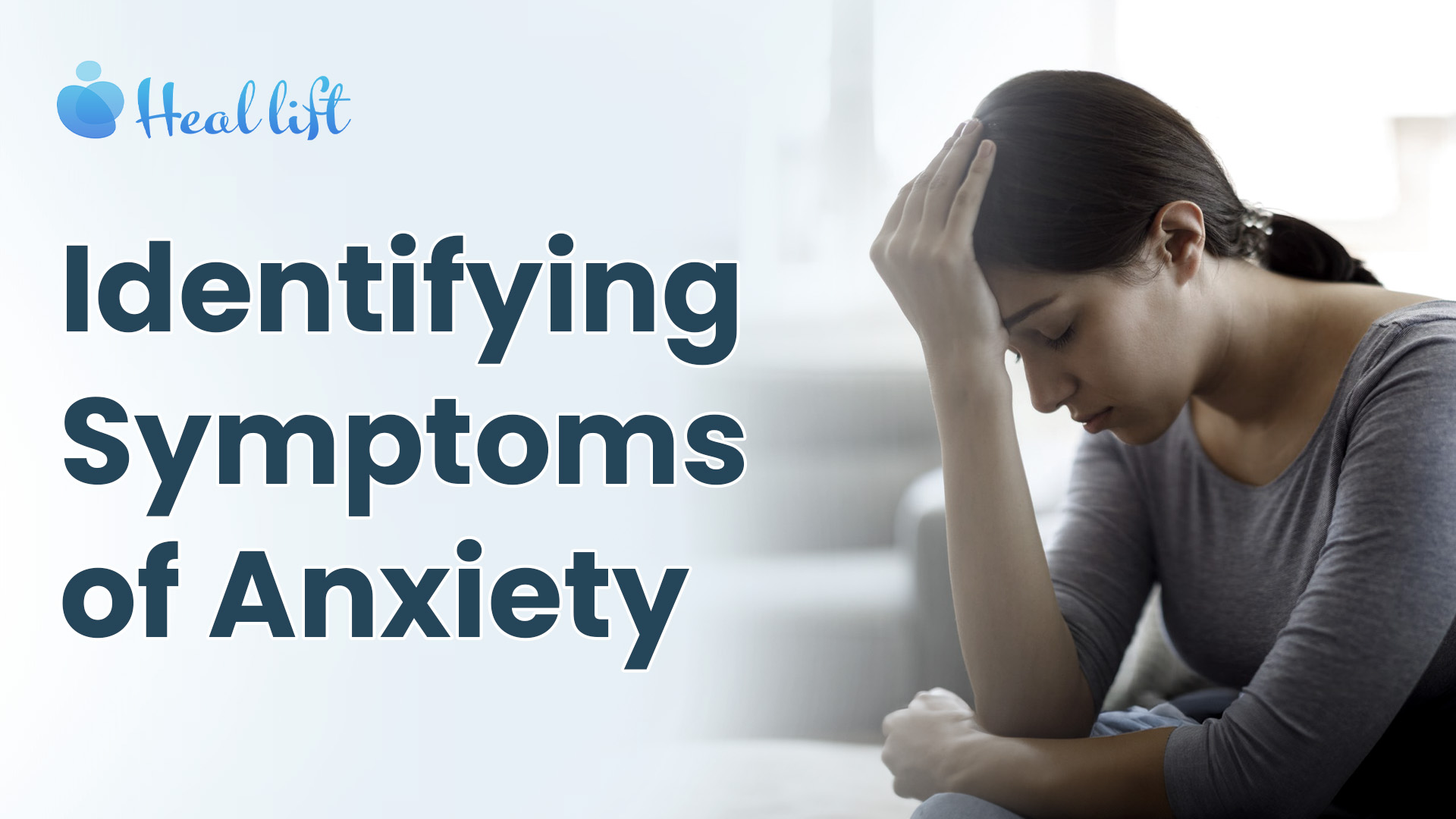HealLift - 21 Sep 2023
Releasing Stress Through the Power of Music - Benefits of Musical Relaxation
When we navigate through various challenges, finding effective ways to manage and alleviate stress is crucial for our well-being.

Heal Lift

A go-getter in the corporate world, acing presentations by day but gripped by unease at night. Sounds familiar? Or, a talented young professional, excels at work, but nights are haunted by a restive mind? You already know what we’re talking about. You're not alone. Anxiety pays a visit to us all. But when does it overstay its welcome?
Anxiety is a natural human response to stress, but when it becomes chronic or overwhelming, it can interfere with daily life and overall well-being. Identifying the symptoms of anxiety is crucial in promoting mental health and seeking appropriate support. Here we aim to shed light on common signs of anxiety, empowering individuals to recognize and address their emotional well-being proactively.
Physical Symptoms
Anxiety can manifest in a variety of physical symptoms that may seem unrelated at first glance. Common physical signs of anxiety include:
It's important to note that physical symptoms can vary from person to person, and some individuals may experience a combination of these symptoms during an anxiety episode.
Emotional and Cognitive Symptoms
Emotional and cognitive symptoms of anxiety primarily affect a person's thoughts and feelings. These can include:
These symptoms can significantly impact an individual's mental clarity and emotional well-being, leading to disruptions in personal and professional life.
Behavioral Symptoms
Anxiety can also influence a person's behavior and daily routines. Common behavioral symptoms may include:
Recognizing these behavioral changes in oneself or others can be a crucial step in seeking appropriate help and support.
Identifying symptoms of anxiety is essential in promoting mental well-being and ensuring timely intervention. Whether experiencing physical discomfort, emotional turmoil, or behavioral changes, recognizing anxiety symptoms empowers individuals to seek appropriate support, engage in self-care practices, and adopt coping mechanisms to manage their anxiety effectively.
Remember, anxiety is a common human experience, and seeking professional help from mental health experts is not a sign of weakness but a proactive step towards a happier and healthier life.
Let us prioritize our mental health, understand the signs of anxiety, and extend compassion and support to those who may be struggling in silence!
